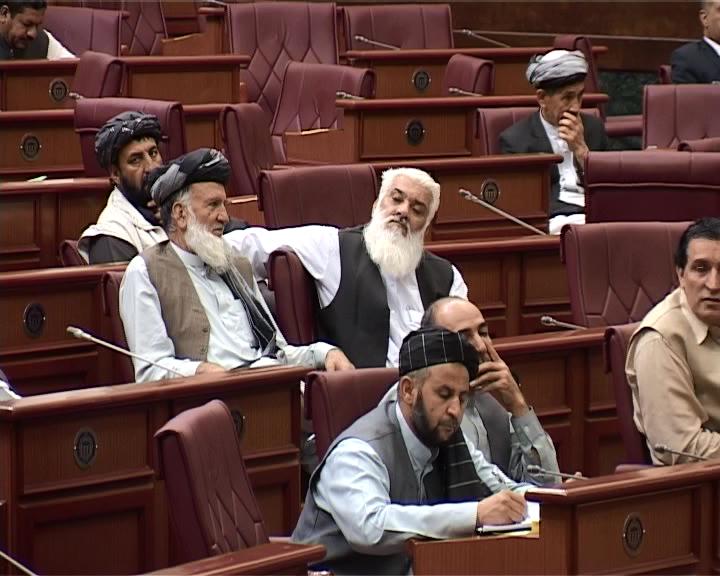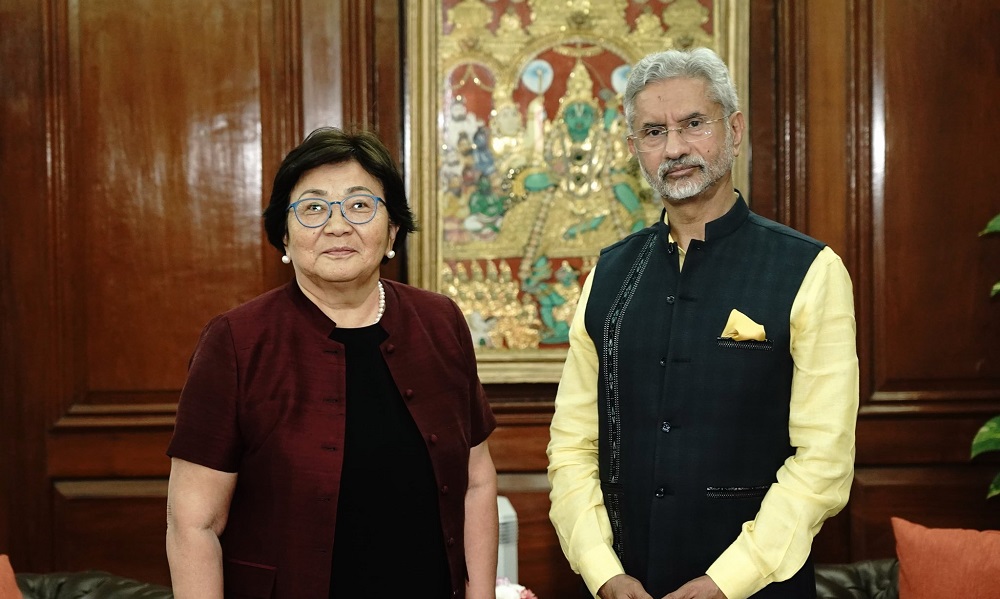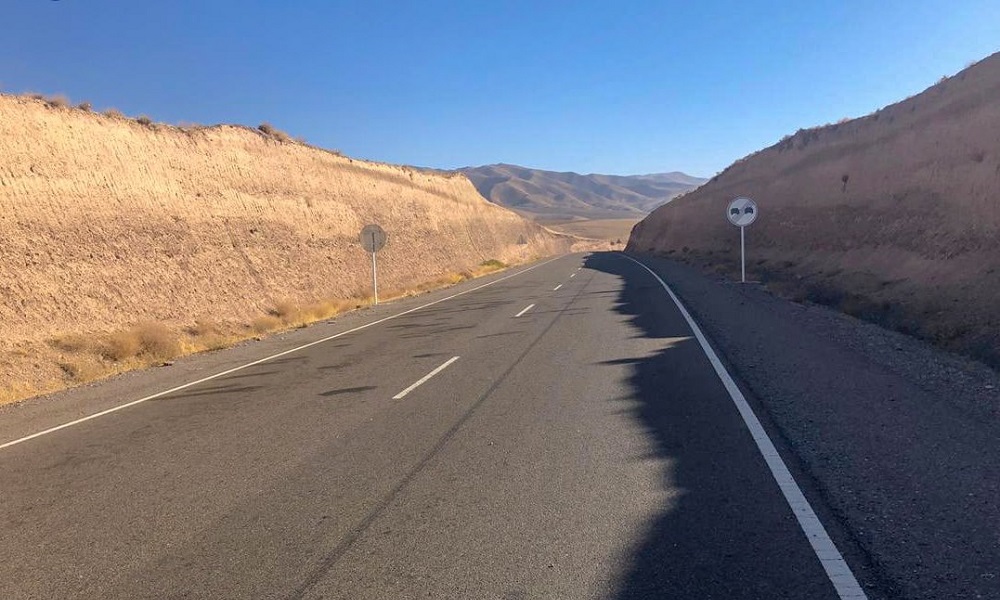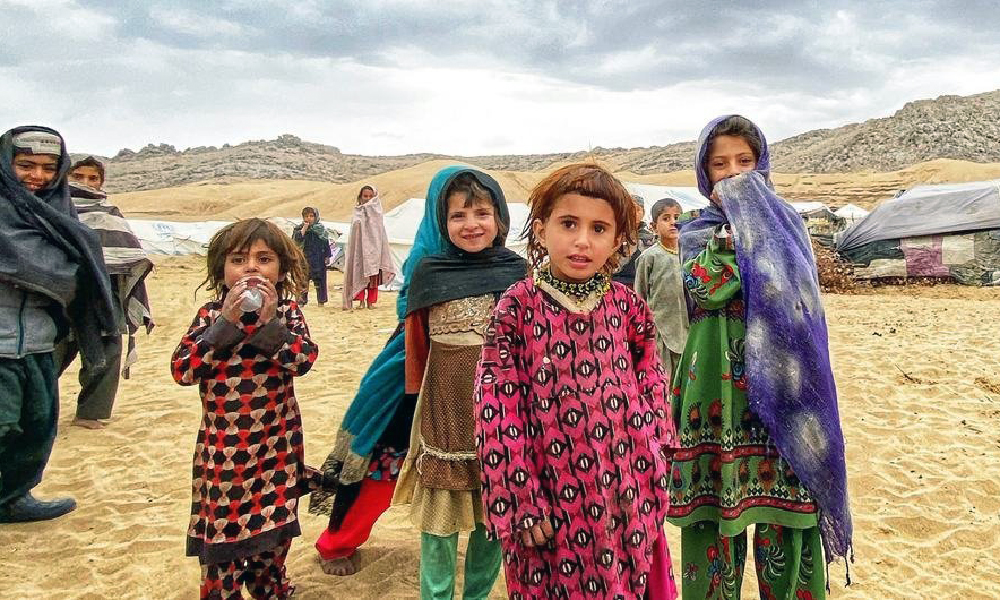Latest News
MPs criticizes HPC for not having any achievement

A number of Parliament members have criticized the High Peace Council (HPC); citing the council does not have any achievement despite spending millions of dollars.
From the very beginning of its establishment, the HPC has spent a large amount of money, but it still has failed to bring the Taliban to the negotiation table and thus all these monies are wasted.
“The High Peace Council failed to persuade the armed oppositions of the government to bring them into the negotiation table, despite of spending millions of dollars,” said Shinkay Karokhail, representative of Kabul in Parliament.
The representative of Kandahar, Muhammad Naeem Lalay Ahmad Zai also said, “The Taliban group has never ready for peace talks and no practical programs have been implemented the High peace council to persuade the group for reconciliation.”
However, the deputy of High Peace Council says that they have initial contacts with a number of Taliban group members and a part of Mullah Rasoul becomes ready for peace talks.
“Currently, the Taliban group has devided to eight groups. We have contacted with a number of Taliban commanders in districts and the party of Mullah Rasoul showed readiness for peace talks,” said Ataullah Salim, deputy of HPC.
Meanwhile, a number of parliament members have emphasized that the United States and China have not enough pressed Pakistan to have a result.
“US and China were the observers of the quartet meeting of peace talks. Unfortunately, they have not press Pakistan as it needed that it would have a result,” said Shekiba Hashemi, representative of Kandahar in parliament.
Lack of a specific mechanism and policy for peace: since its establishment on 5 September 2010, the Afghan HPC does not have a specific and comprehensive policy to bring the government’s armed oppositions to the negotiation table.
In this regard its major policy was the “peace and reintegration program” which the Taliban considered “complete surrender” to the Afghan government and not the program for peace. Thus, lacking a realistic policy was a main factor of HPC’s failure.
The former Afghan president, Hamid Karzai always emphasized on the Afghan HPC as the only address for negotiation with the armed oppositions, but when Ashraf Ghani came to power, he relied on Pakistan and China and mostly carried out the peace talks through representatives of the Presidential Office and the Afghan Ministry of Foreign Affairs. Thus the Afghan HPC was marginalized from the Afghan Peace Process.

Latest News
UN envoy meets Indian foreign minister to discuss Afghanistan

Roza Otunbayeva, the UN Secretary General’s Special Representative for Afghanistan, met with the Indian Foreign Minister Subrahmanyam Jaishankar in New Delhi and discussed issues related to Afghanistan, it was announced on Thursday.
During the meeting, Otunbayeva thanked India for “its critical humanitarian support and longstanding friendship for the Afghan people” and discussed the importance of regional and international cooperation to address prevailing challenges in Afghanistan, UNAMA said on X.
Jaishankar also said on X that the sides exchanged views on the current situation in Afghanistan.
“Underlined that India has provided wheat, medicines, pesticides and school supplies. Appreciate the role of UN agencies as partners in these endeavors,” he said.
Latest News
Traffic accident leaves one dead, four injured in Herat

Local officials in Herat say one person was killed and four others injured due to a traffic accident in Karukh district of the province.
The accident took place on Thursday night at 8:pm.
The injured individuals have been taken to Herat’s regional hospital by the personnel of Karukh district police headquarters, local officials said.
Latest News
250,000 Afghan children need homes, food, education after returning from Pakistan

In the wake of an announcement by Pakistan that it intends to start Phase Two of deportations of Afghans, Save the Children said Thursday that almost a quarter of a million Afghan children need proper homes, food, and access to education after returning from Pakistan in the past seven months.
In a statement issued by the organization, Save the Children said more than 520,000 Afghans have returned from Pakistan since September last year, after Pakistan said all undocumented foreigners must leave the country voluntarily or face deportation.
Nearly half of all the returnees are children.
A survey by Save the Children of families who have returned to Afghanistan – and the communities who are hosting them – found that nearly all (99%) do not have enough food for the next one to two months.
About three-quarters of returnees and families in host communities reduced portion sizes or restricted the food consumption of adults so small children could eat.
About 40% of returnees and host families surveyed had to borrow food or rely on friends and relatives for at least three days a week – with 13% of returnees and 9% of host families saying they had to get food from others every day.
Almost 8 million children in Afghanistan – or one in three – are facing crisis levels of hunger.
Nearly one in six families live in tents, according to the survey, with most returnees having little or no means to support themselves.
Only a third had managed to bring assets back with them from Pakistan.
Nearly half (47%) said there were no jobs available in Afghanistan, with 81% saying that they do not have any skills that could lead to employment.
Almost two thirds (65%) of children who have returned to Afghanistan have not been enrolled in school. The majority (85%) told Save the Children that they don’t have the necessary documents to register and enroll in school.
In Pakistan, more than two thirds of these children had been attending school.
Arshad Malik, Country Director for Save the Children in Afghanistan, said: “Families are returning to Afghanistan with virtually nothing. Most are relying on relatives or friends to support them – and these communities already have little to support themselves.
“The return of so many people is creating an additional strain on already overstretched resources. Children need support and stability. Many undocumented Afghan children were born in Pakistan – Afghanistan is not the place they call home,” he said.
He added that in addition to the returns from Pakistan, 600,000 Afghans arrived from Iran last year. Also, “families have been forced from their homes by multiple disasters, including the series of earthquakes in Herat and the ongoing drought. Afghanistan is also now home to the second largest number of internally displaced people in the world – or roughly 1 in 7 people,” Malik said.
According to him, Afghanistan not only needs urgent funding from international donors and governments – but also needs long term, community-based solutions to help all displaced Afghans rebuild their lives.
-

 Sport4 days ago
Sport4 days agoACL fever grows as fixtures finalized
-

 World4 days ago
World4 days agoUS will not take part in any Israeli retaliatory action against Iran
-

 Latest News4 days ago
Latest News4 days agoOver 50 people dead in traffic accidents over Eid
-

 Latest News4 days ago
Latest News4 days agoUS identifies Kabul airport suicide bomber
-

 Business4 days ago
Business4 days agoAfghanistan-Kazakhstan chamber of commerce opens in Herat
-

 Latest News4 days ago
Latest News4 days agoGood rains enable DABS to increase power production in Kabul
-

 World3 days ago
World3 days agoIsraeli military vows response to Iran attack as calls for restraint mount
-

 Latest News3 days ago
Latest News3 days agoPakistani police give Afghans in Balochistan one day to leave

![PARLIMENT __11_07_2016_DARI_SOT.mpg_snapshot_01.00_[2016.07.11_20.34.15]](http://ariananews.af/wp-content/uploads/2016/07/PARLIMENT-__11_07_2016_DARI_SOT.mpg_snapshot_01.00_2016.07.11_20.34.15-300x240.jpg)















